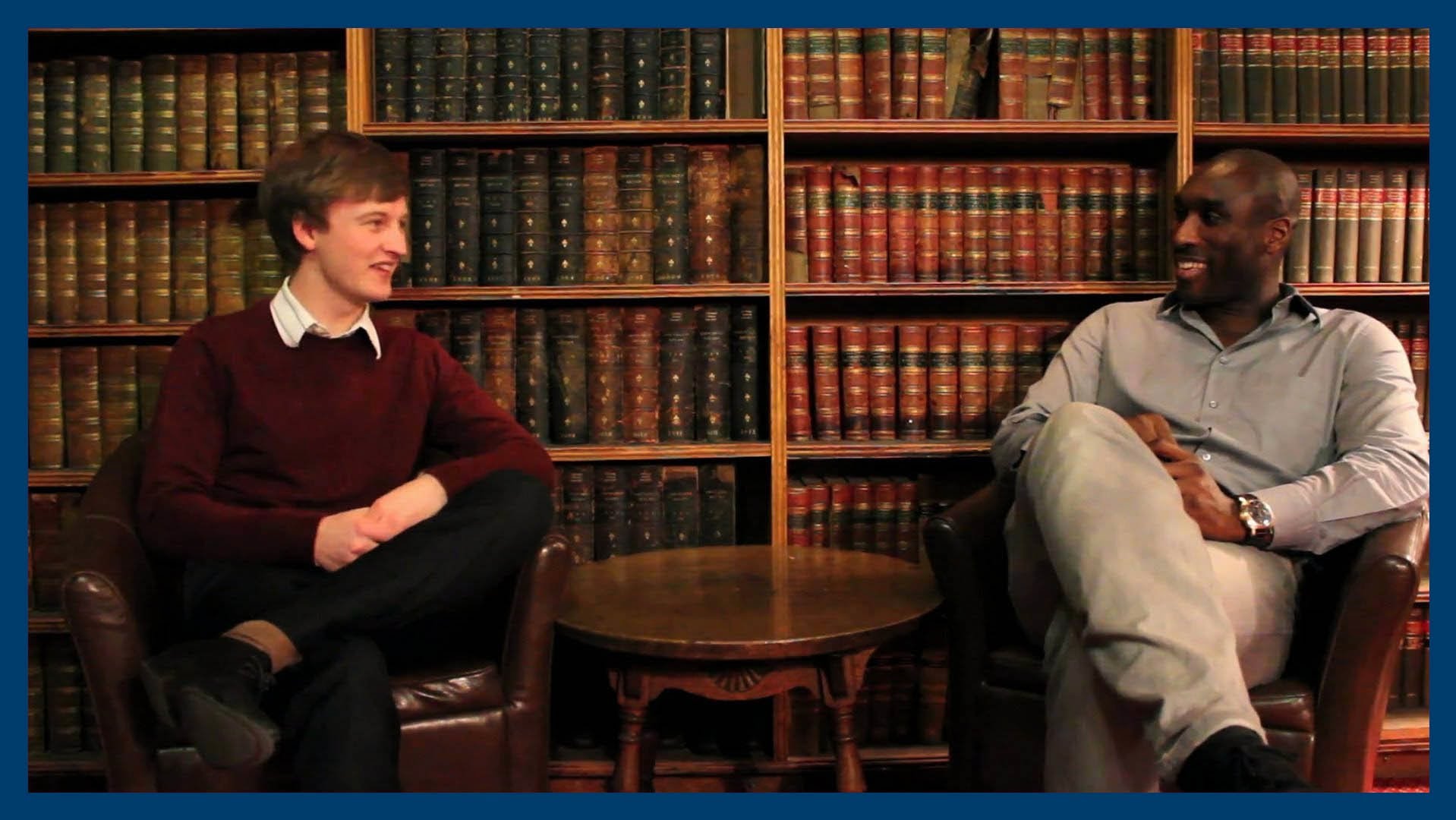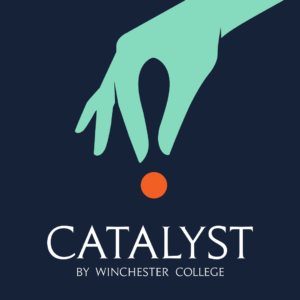How mentors can help you convey the most compelling things about yourself to admissions officers?
In a previous posting, I wrote about the importance of having a mentor when preparing for boarding school. Students who are lucky enough to have a mentor get a big boost in confidence during the application process and the subsequent move away from home. Even though most people do not go to boarding school, the same wisdom is applicable to anyone who applies for university. For these students, also, a mentor can be extremely valuable.
One place where a mentor can help is working on building your resume. Most people know that university admission requirements are demanding. These requirements are not only academic — students are often expected to display a wide range of interests and talents that make students more than just the sum of their test scores. You, as an applicant, have to work hard to convince admissions reviewers that you are interesting, thoughtful, and three-dimensional. You might accomplish this through participation in sports, clubs, activities, and more. Ideally, you’ll have even won some awards for outstanding achievement from your school or outside organizations.
Choosing your activities is not random. They must be strategically targeted to suit your individual strengths, and that is where a mentor’s guidance can really help you. You can start off by trying all sorts of different things, but you and your mentor should soon start to identify activities where your talent and passion show through strongly. Not all activities are equally rewarding. Sometimes, student activities are even prone to fads, and you may feel pressured to do the same as other people. Yet, you must always pursue an activity based on your own potential rather than popularity with others. Talk through your plans with a mentor so you can avoid common mistakes and focus on what’s truly important to you.

Another place where a mentor can help you is to figure out how to present your profile. When you apply to a university, the admissions reviewer does not find out everything about you. No one can possibly know everything about you. What you are in fact presenting is a portrait of yourself, perhaps taken from a certain angle, under a certain light, to convey the most compelling things about you. Since you are older now, you are expected to have a reasonably detailed portrait, with definite ideas about who you are and why you want a higher education.
Under the British system, your portrait must identify an area of study, which you will undertake immediately upon entering the university. The American system is more flexible, and you do not have to declare a major until the second year. But regardless, most successful applicants actually express a general direction of interest, even if the exact details are open to change. All of this is to say that your portrait must show a significant level of sophistication. Subtle nuances impact a university’s opinion of you, especially concerning the “fit” between you and the university. How to compose the portrait, and how to ensure that it says exactly what you want it to say, is a crucial thing to discuss between you and your mentor.
In essence, a mentor is someone who has been through the process before, who knows the unwritten rules, who is willing to teach you all about it. Millions of people have applied to universities before you, but when it is your turn, you want someone to assure you that you have done it correctly. Most people do not get a second chance at this process. But, just like so many people before you, you can give yourself more of an edge if you are prepared with a mentor on your side.
______________________________________________________________
To find out more about Ampla Education’smentorship and university consulting services, contact us at info@ampla-edu.com
________________________________________________________________________
Patrick is a graduate of Phillips Academy (Andover), Massachusetts Institute of Technology (MIT), Boston University, and University College London (UCL). He has helped many students apply to top-level boarding schools and universities in the United States.
______________________________________________________________
________________________________________________________________________
© Ampla Education – Unauthorised use of this material without permission is strictly prohibited. Excerpts and links may be used, provided that full credit is given to Ampla Education.



















